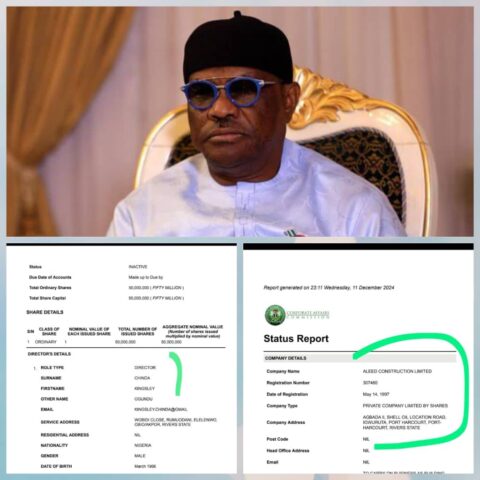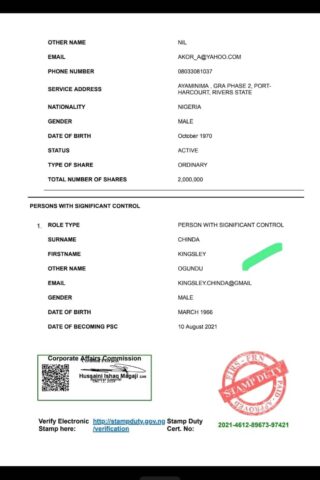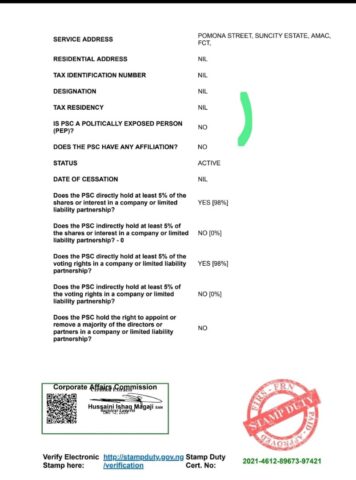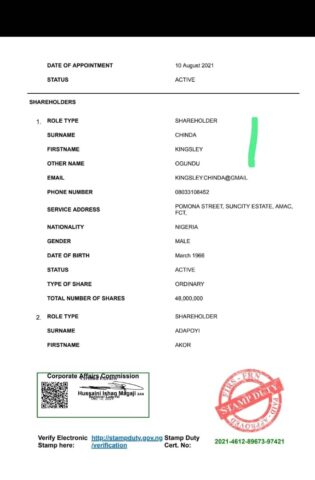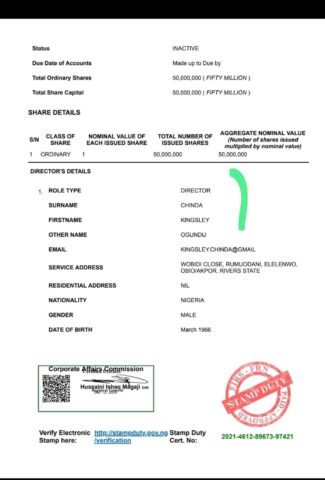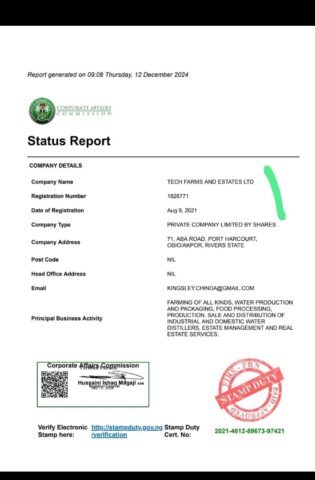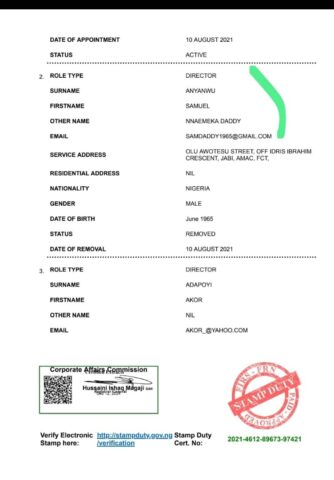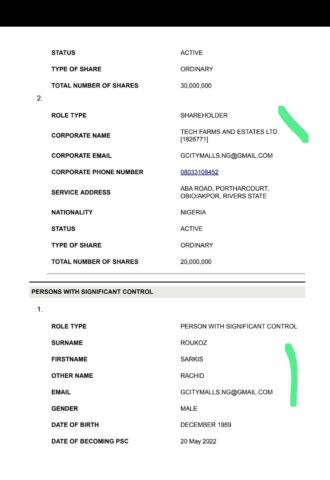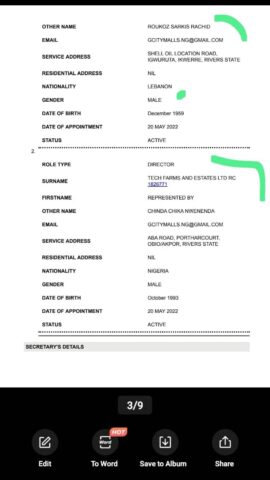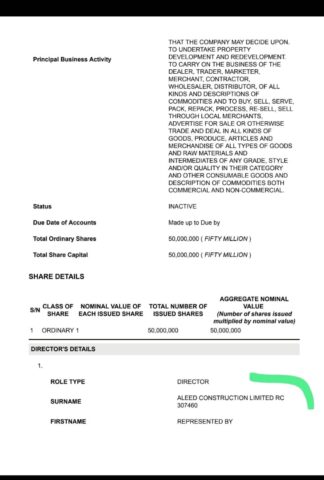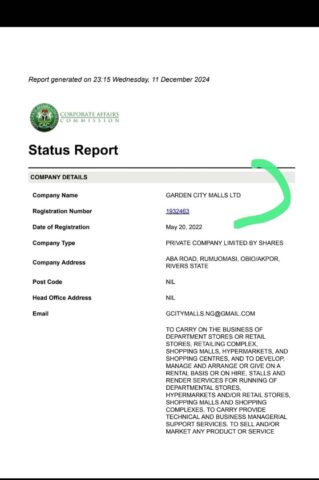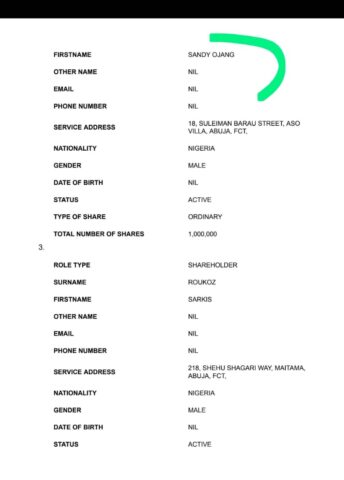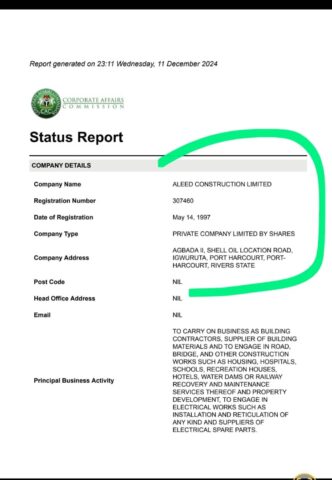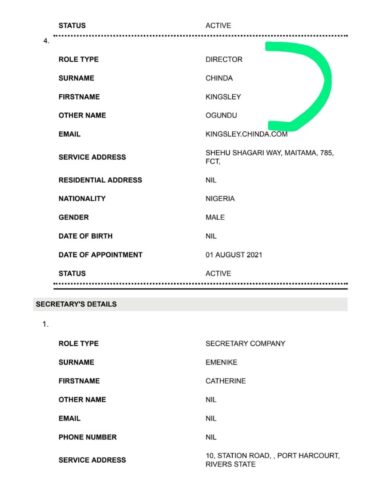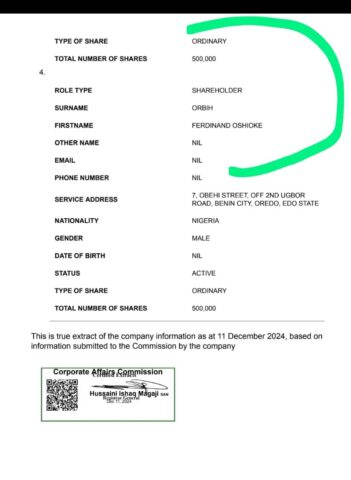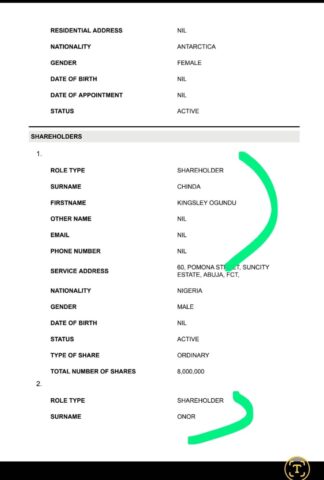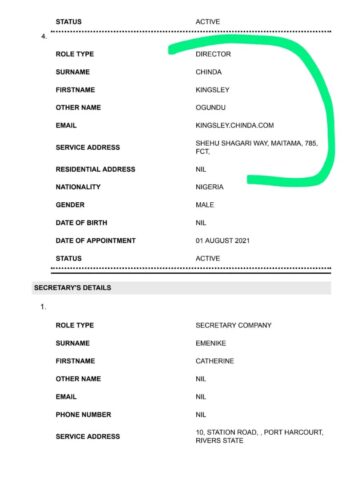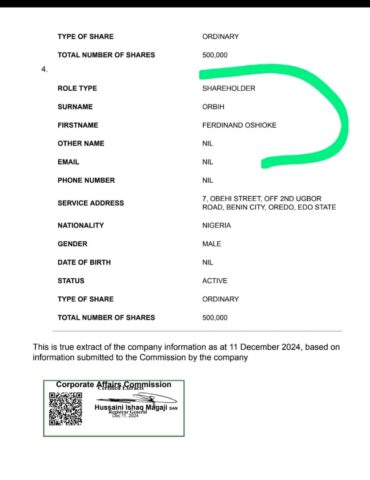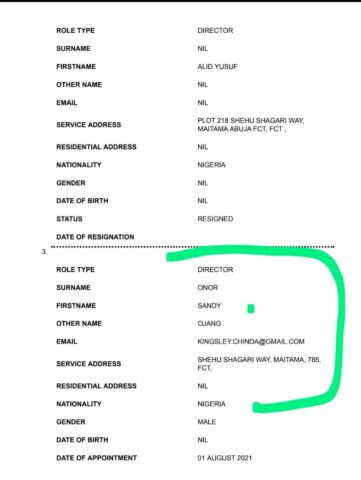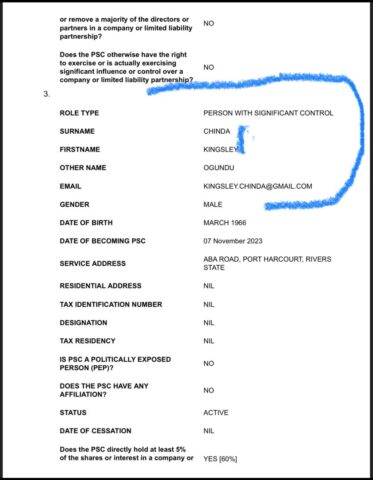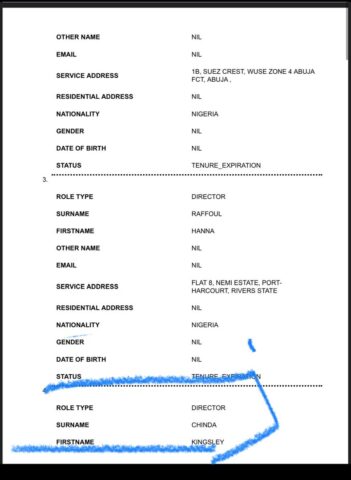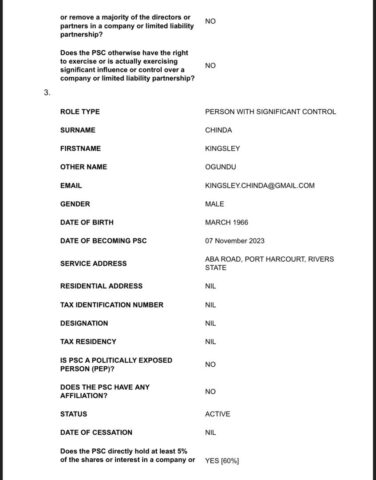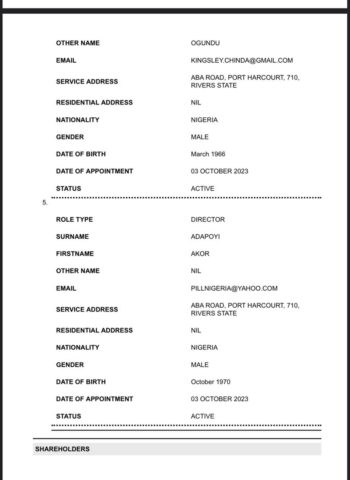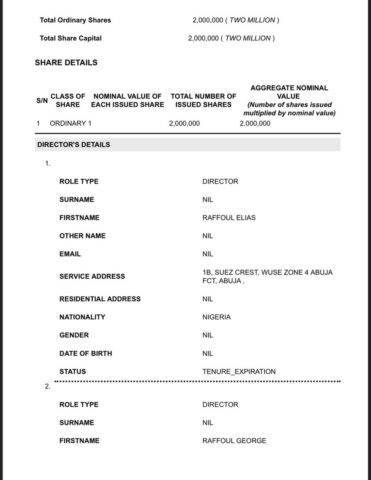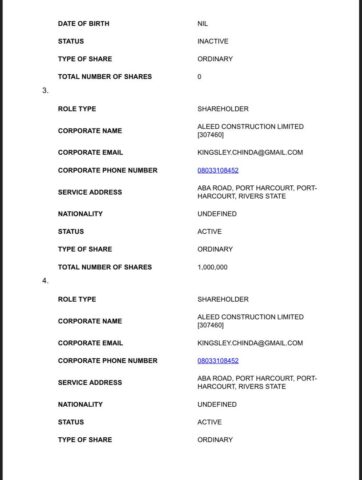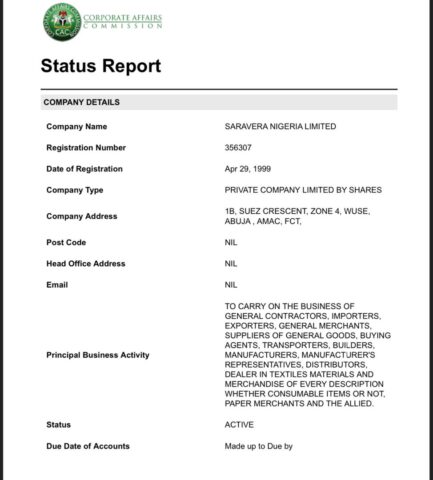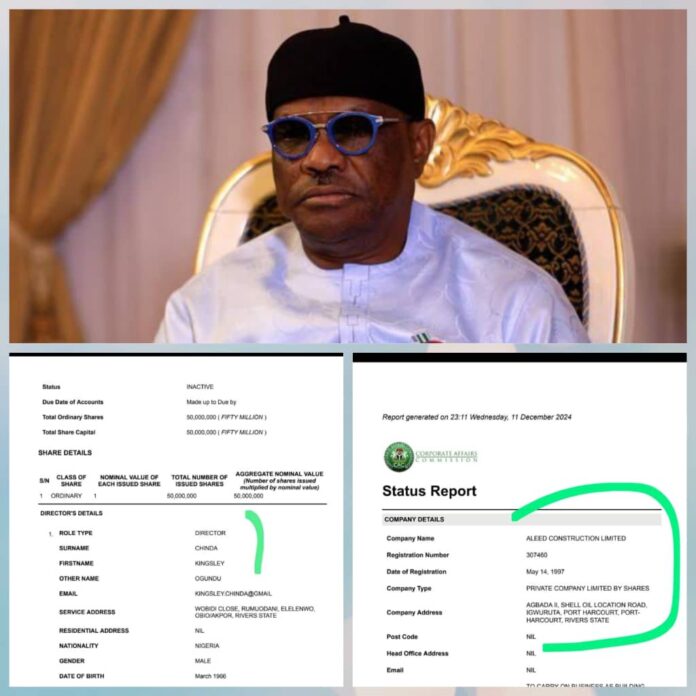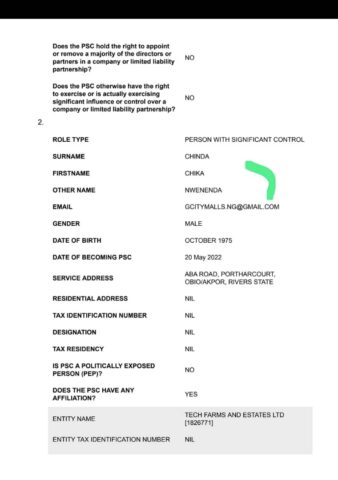By Izunna Okafor, Awka
What could be best described as a massive wave of public outrage has engulfed Nigeria following revelations of an alleged land racketeering scheme involving the Federal Capital Territory (FCT) Minister, Nyesom Wike. The scandal, described as a brazen abuse of power and disregard for due process, has sparked widespread condemnation across the country.
This is coming amidst shocking evidence that has surfaced detailing how Wike reportedly orchestrated the revocation of lands belonging to ordinary citizens in FCT, reallocating them to his associates and political allies through a network of proxy companies. These actions have drawn sharp criticism, with ethnic youth leaders, civil society organizations, and concerned citizens demanding immediate intervention by President Bola Ahmed Tinubu.
Among the most controversial cases is the property of the late Colonel Ogbebor in Life Camp, Abuja. Despite the existence of valid ownership documents and a subsisting court order, the property was allegedly revoked and reallocated with alarming speed to a company named Saravera Nigeria Ltd. Investigative reports indicate that Saravera is no ordinary firm but is owned by Hon. Kingsley Chinda, a Minority Leader in the House of Representatives, and Adapoyi Akor, another close ally of Wike. The issuance of a Certificate of Occupancy to Saravera under questionable circumstances has also raised serious concerns about the motives and processes underlying such transactions.
This is not an isolated incident. The scandal appears to involve a well-organized network of companies allegedly serving as conduits for reallocating revoked lands to Wike’s associates. Companies like Aleed Construction Ltd, Garden City Malls Ltd, and Teck Farms and Estate Ltd have been implicated, with links to prominent figures in Wike’s circle. These include Sandy Onor, a gubernatorial candidate of the Peoples Democratic Party (PDP) in Cross River State; Ferdinand Orbih, Wike’s personal lawyer; and Senator Samuel Anyanwu, the PDP National Secretary. Evidence suggests that these companies were used to reallocate properties seized from innocent citizens, further deepening the public’s sense of betrayal and injustice.
The role of Hon. Kingsley Chinda in this scandal has also come under intense scrutiny. As a serving federal lawmaker, his involvement as a director and shareholder in Saravera constitutes a clear violation of the Code of Conduct Bureau’s regulations. Legal experts have pointed out that if prosecuted and convicted, Chinda could face severe consequences, including the loss of his seat and permanent disqualification from holding public office. The Southern Youth Leaders Council has already called for his immediate arrest and prosecution, accusing him and Wike of orchestrating an elaborate scheme of land racketeering and abuse of power.
Further revelations have implicated Adapoyi Akor, who was reportedly a contractor during Wike’s tenure as governor of Rivers State and is now handling significant projects in Abuja, such as the Judges’ Quarters construction. These ties have reinforced suspicions that Wike is using trusted associates as proxies to corner valuable lands in the FCT. This has fueled demands for a comprehensive investigation into the activities of Wike and his associates, as well as a review of all land revocations and reallocations carried out under his administration.
Public reaction to these revelations has been swift and damning. Ethnic youth leaders, civil society groups, and ordinary citizens have called on President Tinubu to suspend Wike and launch an independent audit of all land transactions in the FCT. The Southern Youth Leaders Council has accused Wike of undermining the integrity of the FCT administration and urged Tinubu to demonstrate his commitment to transparency and accountability by ensuring that those implicated face justice. The council has also warned that the continued silence of the presidency on such a high-profile scandal could erode public trust in Tinubu’s administration.
Compounding the controversy are claims from Wike’s camp that the minister is untouchable, allegedly enjoying immunity and the president’s protection. These insinuations have only heightened public suspicion and fueled calls for decisive action.
In the light of the above, critics have argued that President Tinubu must take immediate steps and actions to prove that his government is not shielding corrupt officials and that no one is above the law. The President’s response, they contend, will serve as a litmus test of his administration’s resolve to tackle corruption and uphold the rule of law.
“President Tinubu must act decisively to cleanse the FCT administration of this stench of corruption. The evidence is overwhelming, and Nigerians are watching closely,” remarked a youth leader.
Legal and political analysts have also emphasized the importance of conducting a thorough audit of all land transactions overseen by Wike. They argue that such an audit is crucial for unearthing the full extent of the alleged corruption and for restoring public confidence in the FCT administration. There is also growing concern that failure to address these allegations could set a dangerous precedent, allowing public officials to manipulate land policies for personal gain at the expense of ordinary Nigerians.
The scandal has also cast a spotlight on the broader implications of land management in Nigeria. Abuja’s lands are seen as national assets, and the misuse of these resources has raised questions about governance and accountability. Prominent legal experts have further warned that if this trend continues unchecked, it could result in significant economic and social consequences for the country. They have called for urgent reforms to ensure that land allocations are conducted transparently and equitably, without undue influence from political or personal interests.
“Abuja lands are a national asset, not a playground for political cronies. If this trend continues unchecked, there will be nothing left for ordinary Nigerians,” a prominent legal expert warned in an interview with this reporter.
As evidence continues to emerge, the scandal surrounding Wike has become a defining moment for President Tinubu’s administration. Nigerians are closely watching to see whether the President will prioritize the rule of law over political alliances. The demand for accountability is growing louder, with citizens urging the government to act decisively in holding those responsible to account. Many believe that the president’s response to this scandal will either strengthen or undermine his administration’s credibility in the fight against corruption.
The stakes are high, and the expectations are clear, as Nigerians are demanding justice, transparency, and fairness in the management of their national resources. The era of impunity, they insist, must end.
While the scandal continue to unfold, the ball is firmly in President Tinubu’s court. Many also extend the call to the National Assembly to rise to the challenge and take bold action, rather than remain silent to watch the controversy mark a new low in the fight against corruption in Nigeria? Only time will tell, but the Nigerian people are determined not to remain silent in the face of such brazen abuse of power.
“Wike and his accused allies must be suspended, thoroughly investigated, and legally punished if found culpable. Nobody is more Nigerian than the other,” an Abuja resident declared.
Some of the documentary evidences:
